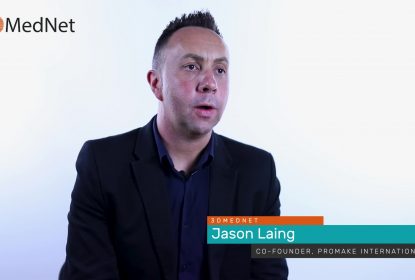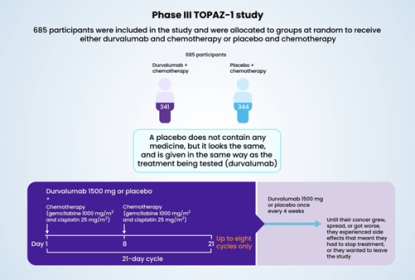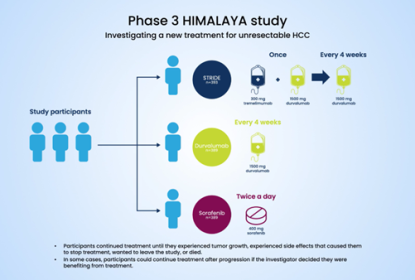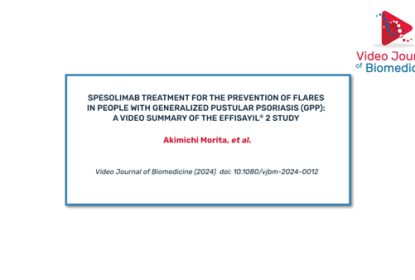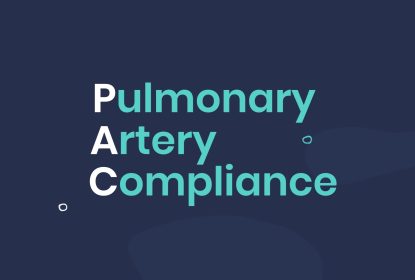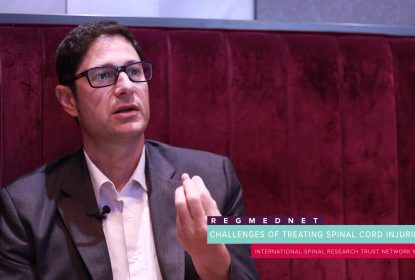
3D electrophoresis-assisted lithography with Gastón Agustín Primo
In this exclusive video, Gastón Agustín Primo, Queen Mary University of London, UK, discusses the development of 3D electrophoresis-assisted lithography (3DEAL). 3DEAL is a simple method of ‘printing’ biological components within a hydrogel support, and may enable the development of chemically anisotropic and hierarchical 3D environments that can be utilized for drug testing and disease modelling.
About the author:
Gastón Agustín Primo graduated from the Universidad Nacional de Córdoba (National University of Cordoba) in Argentina with a Degree in Chemistry. At 2010 he was awarded the position of Student and Research Assistant at the Organic Chemistry Department from the Chemistry Faculty on National University of Cordoba, where he focused on the synthesis and characterization of crosslinked polymeric matrices for heavy metal ions retention and enzyme immobilization.
Gastón is a PhD Medical Engineering student in Mata Lab Bioengineering at Queen Mary University of London where he is working on the design, construction and development of a novel 3D printing technology to create patterns of multiple molecules (proteins, peptides), and subsequently complex anisotropic environments. Main applications for this technique include designing in vitro models, drug screening systems and tissue engineering scaffolds.
Original publication:
Video originally published on 3DMedNet from the Future Science Group, a digital platform discussing the diverse 3D printing in medicine community.
Further reading:
3D Electrophoresis‐Assisted Lithography (3DEAL): 3D Molecular Printing to Create Functional Patterns and Anisotropic Hydrogels
Juan P. Aguilar, Michal Lipka, Gastón A. Primo et al.
Advanced Functional Materials (2017) doi.org/10.1002/adfm.201703014
